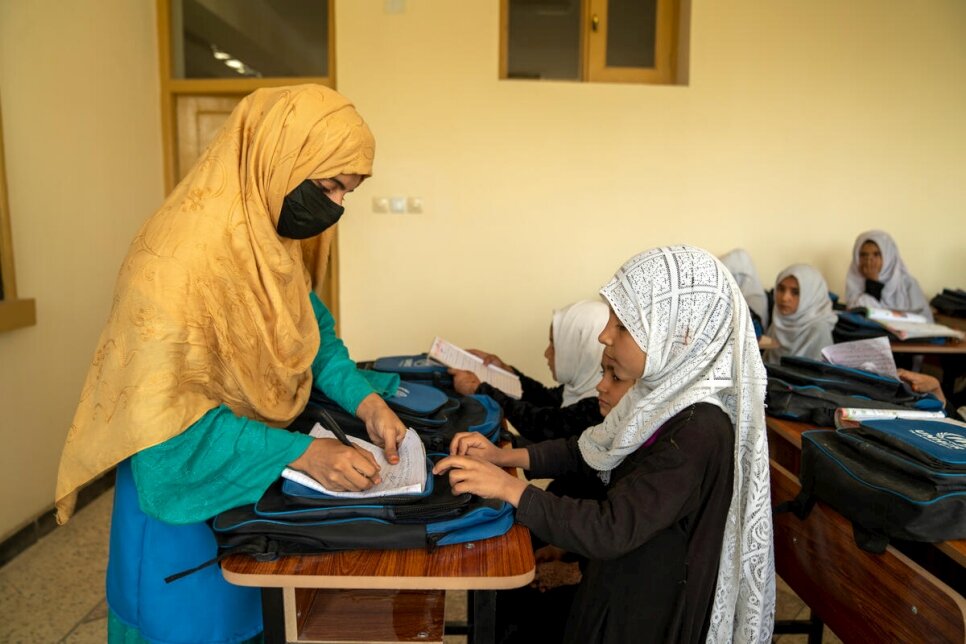UNHCR releases Iran Protection Dashboard report

TEHRAN – The United Nations High Commissioner for Refugees (UNHCR) has released its January-December 2022 report on the situation of refugees in Iran.
Titled “Iran Protection Dashboard”, the report was published on March 13, including different sections such as “community-based protection” and “child protection”.
Community-based protection
Community-Based Protection (CBP) seeks to ensure that refugee girls, boys, women, and men are empowered, and their capacities and resilience are strengthened, enabling them to minimize exposure to protection risks and thus improve the overall protection environment.
CBP activities aim to enhance access to services, including by identifying and addressing barriers building on meaningful participation of diverse individuals and groups, particularly of women and youth.
In total in 2022, 54,548 individuals were reached in person and 3,057 individuals were approached virtually - these individuals were provided with information on rights and obligations while also giving feedback to UNHCR.
In order to streamline the UNHCR feedback and response mechanism, an updated standard operating procedure for the hotline was tested in a pilot in Tehran for a 30-day period in November and December 2022, with the analysis of findings aiming to yield countrywide improvements.
Furthermore, with the lifting of COVID-19 restrictions, offices are enhancing capacities to maximize face-to-face outreach, which will further strengthen information exchange on thematic protection areas and ensure accessibility of UNHCR to refugees and asylum seekers.
Child protection
Since the amendment of the Nationality Bill in favor of Children Born to Iranian mothers and non-Iranian fathers, more than 80,000 applications have been filed, the majority of them for children born to Iranian mothers and Afghan fathers.
The Iranian authorities announced in September 2022, that 14,000 children have already obtained nationality. This is almost double the number announced in September 2021.
The Islamic Republic of Iran is currently host to one of the largest and most protracted refugee populations in the world, the majority of whom are Afghan refugees.
In protecting refugees and asylum seekers in Iran, since 1984 UNHCR has worked closely with the Government of the Islamic Republic of Iran, national and international NGOs, and UN agencies providing a multitude of services.
Ivo Freijsen, Representative for the United Nations High Commissioner for Refugees in Iran, has said Iran is an exemplary country that has acted very well in hosting refugees and has been hosting them for a long time.
Forty years have passed since Iran started hosting them [refugees]. As we have always said, Iran has had positive approaches toward refugees, we appreciate that, and we are honored to support Iran's efforts, he said in an exclusive interview with Iran Newspaper published on September 4, 2022.
In fact, Iran provides wide-ranging services for refugees such as basic healthcare services, education, and vocational training.
During the COVID-19 pandemic, those who were in Iran, whether the ones that had passports or the ones that had documentation and were [registered] refugees, received the vaccination.
MG
